Out-of-Specification (OOS) is a result obtained in testing raw materials, in-process materials, drug substances, or drug product that fails to meet an expected result of specification.
A specification is a quality standard and includes acceptance criteria that are numerical limits, ranges, or other criteria for the tests described. This criteria establishes standards to which drug substances or drug products should conform to be considered acceptable for its intended use.
If an OOS result occurs, the Food and Drug Administration requires:
- a valid reason must be determined to invalidate the OOS results (for it to be discarded
- investigation into the cause of the OOS result must be conducted, and
- that the results from additional tests should not be averaged unless there is scientifically sound reason that results should be averaged.
ARL Bio Pharma uses instruments meeting established specifications for sample analysis. Our analysts report potential problems that could lead to the cause of the OOS test result to ARL’s internal OOS investigator. ARL’s investigators are properly trained and thoroughly review all aspects of the OOS investigation, determine assignable cause, and follow up actions.
Situations may exist in which prior knowledge is available about the sample such as trend data, client conversation of a suspect sample or physical sample observation that would indicate a high probability that the initial test result is accurate. Other situations may also lead the investigator to question the validity of the OOS result and request a re-test.
If there is no assignable cause based on the initial investigation and a re-test is requested for a non-cGMP/accredited test, the sample is prepared in duplicate, a new standard is prepared, and the sample is re-tested to confirm the OOS results.
If there is no assignable cause based on the initial investigation and a re-test is requested for a cGMP/accredited test, the sample is prepared in duplicate by another analyst, a new standard is prepared, and the sample is re-tested to confirm OOS results.
If the result of the re-test suggests a high probability that the original result was due to laboratory error, the original result will be invalidated, and the re-test results will be averaged and reported as a single value. There may be situations where averaging the results is not appropriate. If so, analysts will document the rationale for how the results are reported.
Accepting results that are in specification over tests results that are out of specification without clearly identified laboratory error is better known as “testing into compliance”. This practice is unscientific and objectionable under the cGMP’s. In the case of a clearly identified laboratory error, the retest results would substitute for the original test result. It is expected that laboratory error should be relatively rare.
If the result of the re-test does not suggest a high probability that the original result was due to laboratory error then, in general, all results and the average should be reported.
For analytical tests, content uniformity could be a factor when evaluating the difference between the original result and the re-tests result and is considered when determining whether to invalidate or report all the data.
ARL’s OOS investigation reports will include a summary finding that will document the basis of the decision with confirmation of the original result via re-test and/or scientific rational not to re-test. If the original result cannot be confirmed, the original COA will be invalidated and all results will be reported.
For more information on OOS investigations, please contact info@arlok.com or 800-393-1595.
